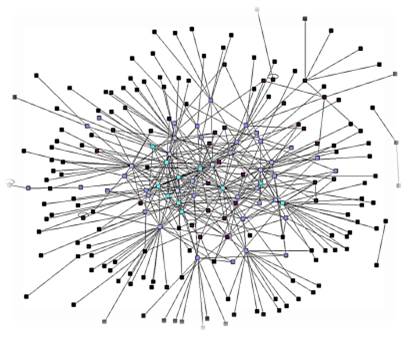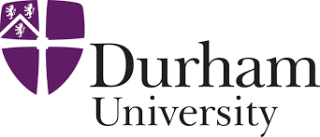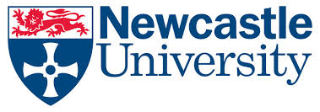Engaging with policymakers
Making good policy is challenging, and involves balancing the interests of many different stakeholders. Public policy arises out of a fluid mixture of departmental advice to ministers, political advice from special advisors, top-down directions from Cabinet or the minister based on the governing party or parties’ goals and election commitments, pressure from lobbyists, special interest groups and the third sector, and direct public pressure.
Academic research has a vital role to play in this network of stakeholders: we can provide evidence, lend academic rigour, or simply offer fresh perspectives. However, it can be a daunting world to engage with. The relationships between agencies and organisations are complex, and the flows of information, advice, and influence can be deeply interwoven. Policy does not develop in a neat linear fashion, but is produced by a large web of parties with different interests and roles which may or may not be in harmony.

Web of Influence courtesy of Dr Kathryn Oliver
Web of Influence is a visualisation produced by Dr Kathryn Oliver (Department of Social Policy and Intervention, Oxford) which maps the bodies and relationships involved in developing a single policy. This gives a good sense of how complex the policy world can be! Finding out who to talk to, how to approach them, and how to work effectively with policymakers and stakeholders across all public sectors can be challenging, and information is not always readily available.
The aim of this guide to engaging with policymakers is to demystify the policy world, and provide you with concrete advice and tailored suggestions for contacting and engaging with a range of policymakers and stakeholders. It will consider:
Engaging with Parliament
Engaging with central and devolved government
Engaging with local government
Engaging with the third sector
Engaging with the European Union
This guide also features filmed interviews with senior staff from the Culture, Media and Sport Select Committee, the Local Government Association, the Department for Culture, Arts and Leisure (Northern Ireland), the Museums Association, and the charity Equal Arts. In each film, the interviewees reflect on the value of academic research to their sector, and discuss how academics can work with them.



